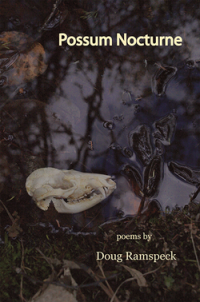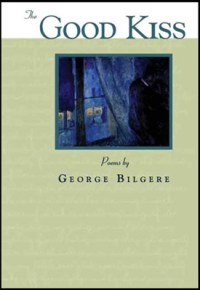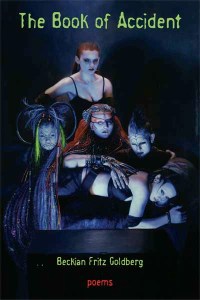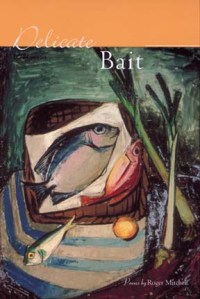Description
Map of the Folded World, John Gallaher’s third full-length collection, examines the eros and desperation of suburban America with the precision of a cartographer’s eye. But as its title suggests, it does so according to the polar opposite of convention. More concerned with subtext than narrative, often childlike in tone and propelled by the logic of innocence, Gallaher’s poems don’t shy away from a bottom-line sensibility: “If you can just run fast enough,” one poem offers, “no one will ever die. // Do you remember that? / And are you better now?” This is a book filled with swimming pools and bridges, houses and families, the ordinary places, objects, and people that connect us. However, these same things are often misunderstood when it comes to their capacity for danger. As Gallaher observes, “It doesn’t really matter…what / you’re drowning in, / once you realize you’re drowning.” Map of the Folded World brings us back to a territory that we never knew we had discovered, as it attempts to locate an ever-shifting present on an ever-changing field.
John Gallaher’s new collection of poems brilliantly fulfills the promise of his first two, Gentlemen in Turbans, Ladies in Cauls and especially The Little Book of Guesses. His is a unique and distinguished voice in contemporary poetry. In a way I can’t quite explain, the poems give the impression of having written themselves. Perhaps this is what he means when he writes, “I told as much of the truth as I could imagine.”
—John Ashbery, author of A Worldly Country and Where Shall I Wander
As soon as John Gallaher writes that water has a hole in it, I know he’s one poet I want to read. Boats, bridges, rivers, roads, conveyances in these pages of every kind promise transportation—unreliable man-made fantasies—in the Folded World, the one one can imagine fits in a pocket or suitcase or glovebox or field satchel Gallaher’s gentle and decisive imagination takes up, places we haven’t been. I love what he manages to do with verbs. What he does with verbs is a miracle.
—Dara Wier, author of Hat on a Pond and Voyages in English
Readers of this third collection by Gallaher will recognize a few tricks learned from John Ashbery—a multiplicity of chatty voices echoing within the same poem, slightly grouchy associative leaping down the page—but Gallaher does not stop there. “I told as much of the truth as I could imagine,” opens one poem. The same poem ends, “And we all shared one thought. / One crowded thought.” Within that framework—a world as vast and or limited as an observer’s imagination, and minds that every so often happen to understand each other—Gallaher’s whimsical and empathic poems unfold. The subjects of these poems are stalked by their fantasies (“A film crew will follow you, they promise. And a little / dog”) and face the inevitable with a bit of a grin (“All the old people left and then we were the old people”). Throughout, these lines are filled with pleasure and wisdom.
—Publishers Weekly






